School is the key to motivating young people into the STEM industry


To get more students studying #STEM, we need to engage them and demonstrate the real-world applications of science, argues Sean O’Sullivan from biotechnology company Illumina.
Like many households, our dining table became both my workplace and my children’s classroom during lockdowns. It gave me the opportunity to rediscover the experience of school lessons through their eyes. At a time when we were hearing how important it was to ‘follow the science’, it struck me how difficult many students find it to engage with Science, Technology, Engineering and Maths (STEM) subjects. It’s not for the lack of effort or commitment on the part of the countless dedicated teachers. Rather, there is too much pressure to prepare for exams and too little opportunity to learn STEM through creative exploration. Regrettably, far too many pupils decide science is simply ‘not for them’ before having had a real taste of what it is to be a scientist. Even for those who stick with STEM, there is a gross inequity in access to connect with scientists and learn more about its real-world applications. We need to level the playing field and give more students from all backgrounds the chance to be inspired and to aspire to a fulfilling career in or related to science.
In response to COVID-19, our DNA sequencing technology is being widely used to identify and track new variants of the virus as they emerge. What attracted me to Illumina, where our mission is to improve human health by unlocking the power of the genome, was the chance to help those on a diagnostic odyssey – a carousel of tests without finding out the cause or worse being misdiagnosed, particularly for rare genetic diseases. I wanted to give these people clarity. This is real world science! It is exciting and impacts real lives – and it’s something we know can inspire young people if they had the chance to experience and contribute to it themselves, through projects like Genome Decoders established by the Institute for Research in Schools (IRIS).
From my experience, there seems to be a lot less hands on science and a lot less opportunity to carry out experiments in class. I was personally inspired to pursue a career in science by a friend who had a chemistry set. This literally and metaphorically ignited my passion for science! Understandably, the focus in school is on gaining qualifications to get to the next stage – but the joy of doing science can get lost along the way. The open and innovative part of science doesn’t always shine through in the curriculum.
We need to give students that opportunity to experience what it is to be a scientist while they’re at school, the younger the better, to go down a road where you don’t know the answers or what you’ll discover. Which is why I’m excited to be working with IRIS which provides this hands-on, real-life experience in the classroom. This is where you can learn to think independently, and problem solve. Vital skills in later life which can be fostered through early involvement in real scientific research.
It is vitally important to give teachers the tools and freedom to inspire them in whatever subject they teach, whether it be art, history, or science. I know that teachers involved in IRIS projects get a boost out of giving their students these unique experiences. I imagine that cannot fail to then translate into how they interact with their students. If we can support real world research in schools and make it engaging, then I’m sure we will encourage more students to believe STEM is for them.

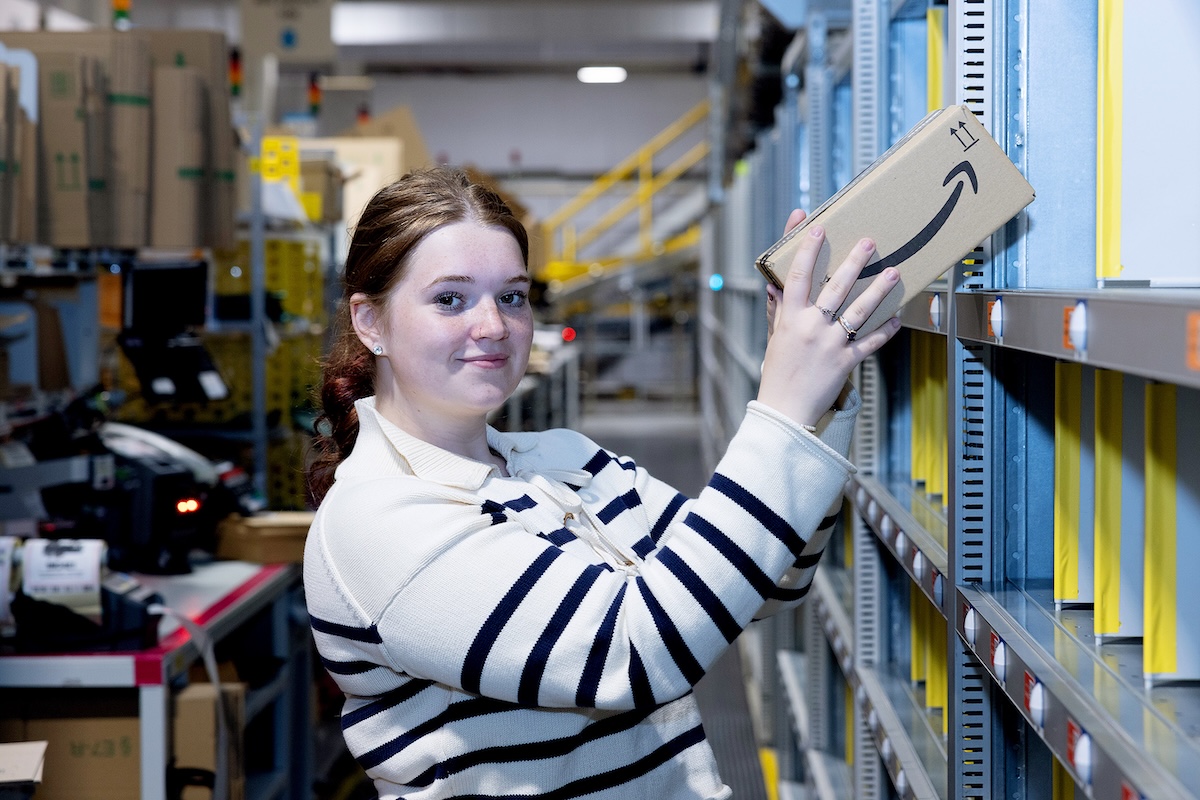

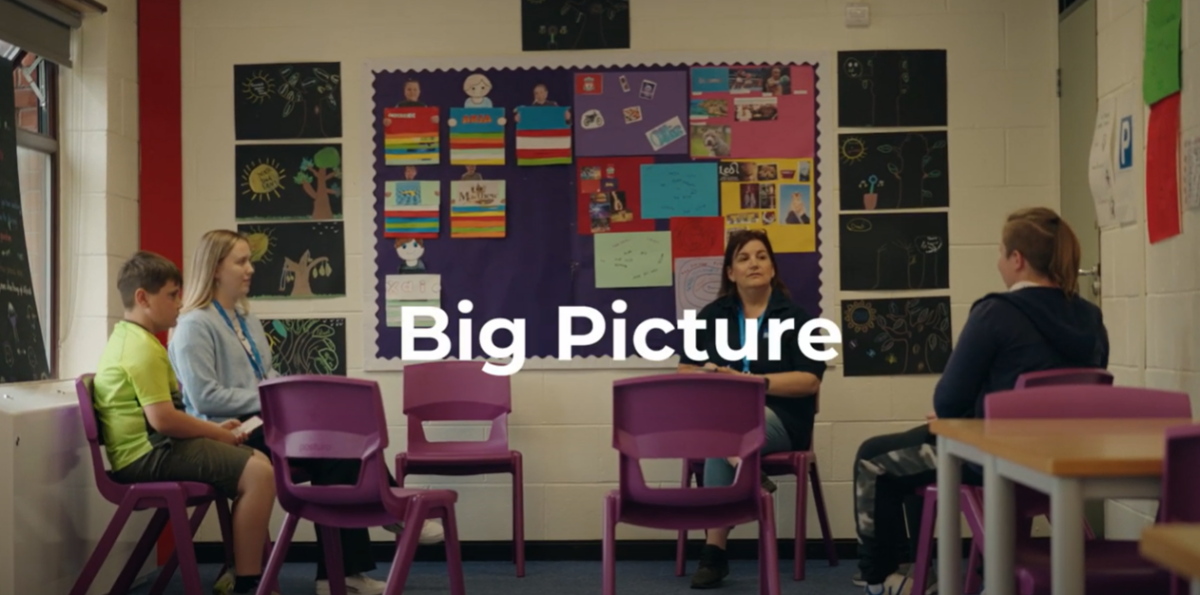

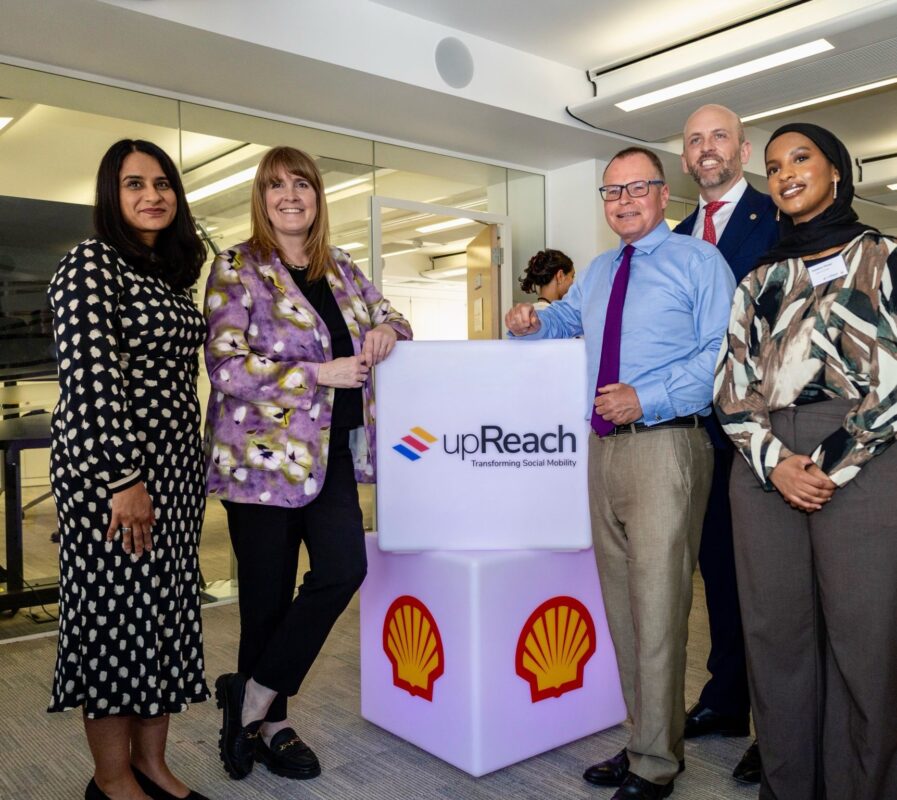

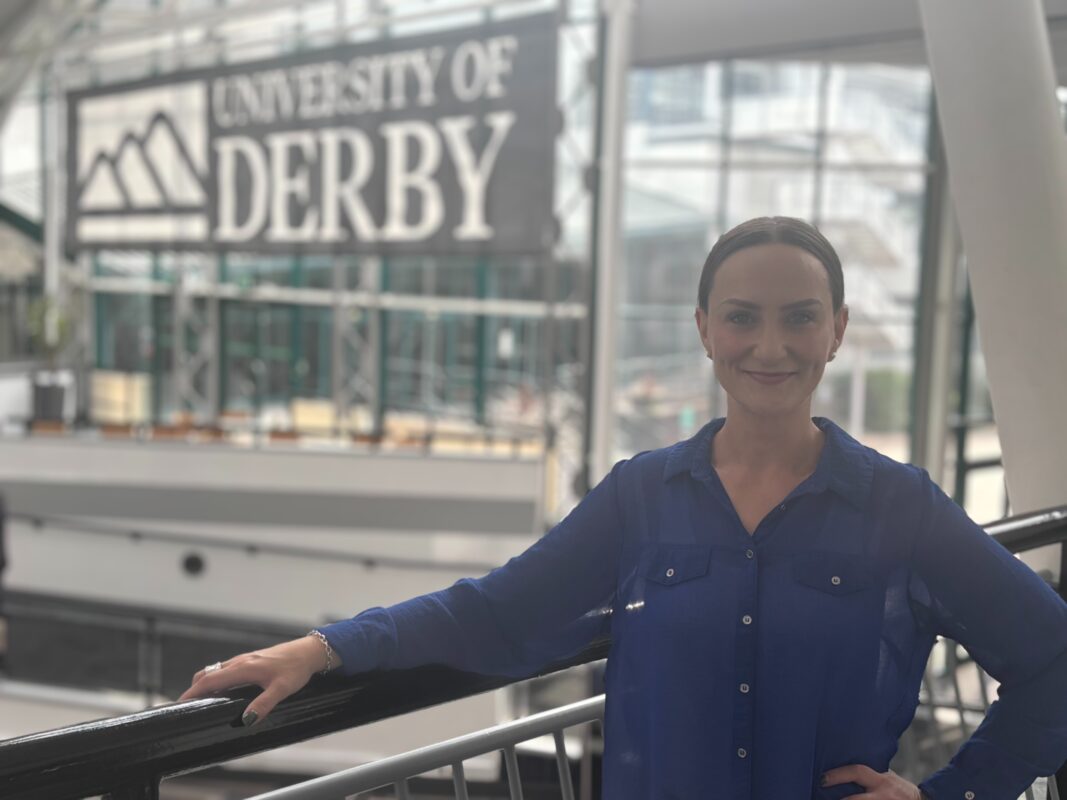
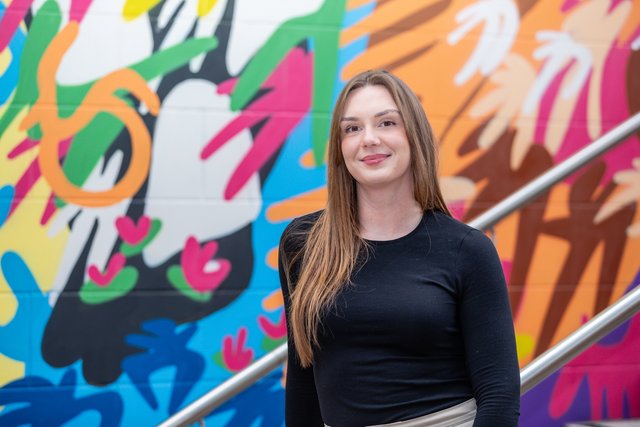
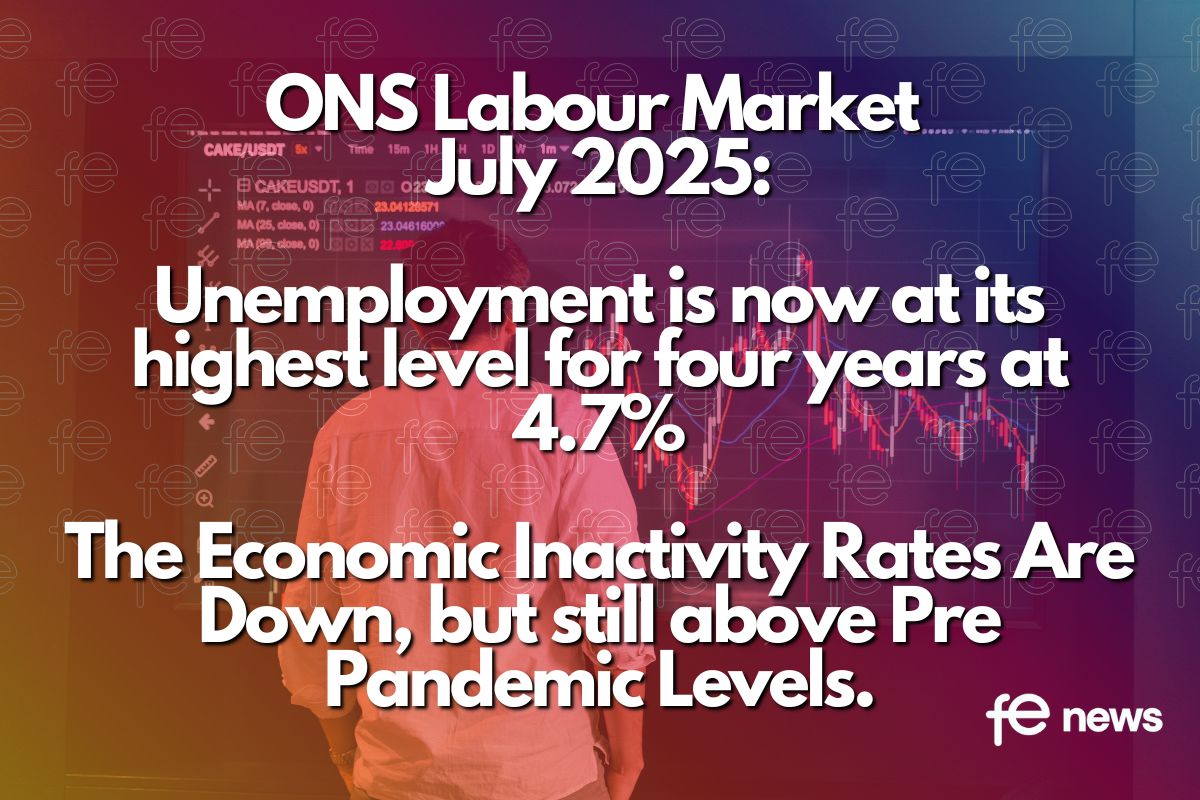
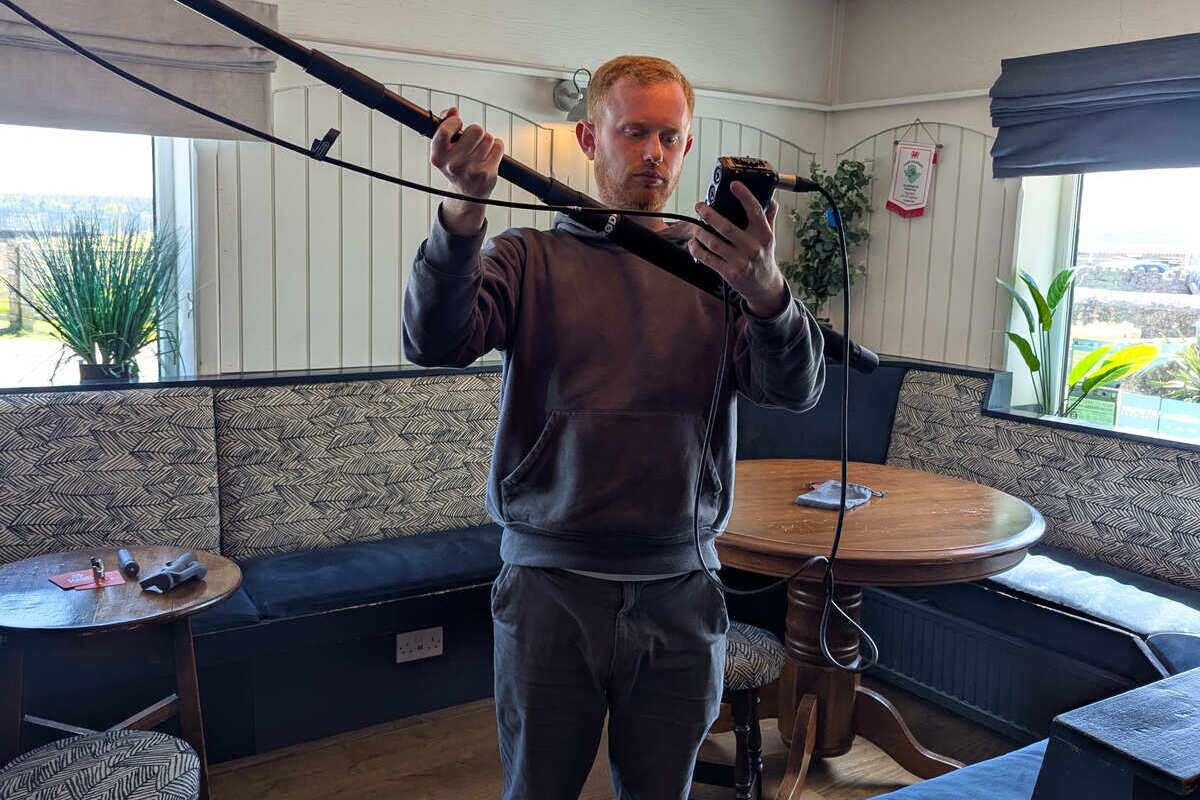
Responses